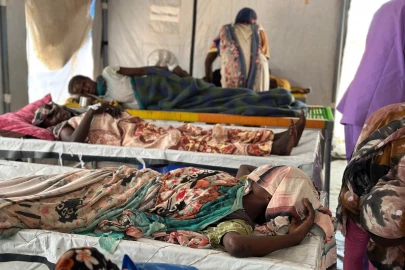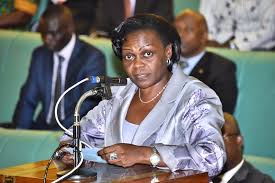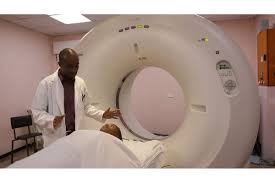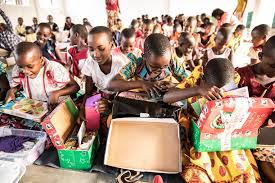Sudan’s South Darfur region has recorded at least 158 cholera deaths since the end of May, according to the state’s health ministry.
The outbreak is linked to ongoing violence in the region, which has left much of Darfur under the control of the paramilitary group, the Rapid Support Forces (RSF).
The cholera crisis has become one of the worst health emergencies in the region, exacerbated by two years of fierce fighting between the regular army and the RSF.
The conflict has disrupted access to basic health care, humanitarian aid, and essential services, worsening the living conditions for the civilian population.
Since South Darfur’s first cholera case was reported in May, the disease has spread to all five states of the region, with South Darfur being the most affected.
As of Friday, the World Health Organization (WHO) reported a total of 2,880 cholera cases, including the 158 fatalities. On the same day, 42 new cases were recorded, two of which were fatal.
The medical charity Doctors Without Borders (MSF) has warned that this cholera outbreak is the worst Sudan has seen in years, and there is a growing risk of it spreading to neighboring countries such as South Sudan and Chad.
Cholera is a highly infectious disease that spreads through contaminated food and water, particularly when sanitation is poor.
It can lead to death within hours if untreated, though it is manageable with oral rehydration therapy and antibiotics in severe cases.
The ongoing conflict and mass displacement of civilians have made it difficult to maintain clean water supplies, worsening the spread of the disease.
MSF highlighted that many displaced people have lost access to essential hygiene practices such as washing food and dishes, which is contributing to the rapid transmission of cholera.
Efforts to deliver humanitarian aid have become nearly impossible due to the ongoing conflict, and many aid agencies are struggling to reach the most affected areas.
The UN and other international organizations have expressed deep concern over the dire conditions faced by civilians trapped in the conflict zones.
As the cholera outbreak continues to claim lives, there is an urgent call for both local and international communities to take immediate action to prevent further spread and provide necessary medical support to those affected.
The situation remains precarious, and the need for coordinated humanitarian intervention is more critical than ever.
In addition to the health crisis, Sudan’s political instability continues to hinder efforts to address the country’s broader humanitarian needs, leaving millions in dire conditions.



